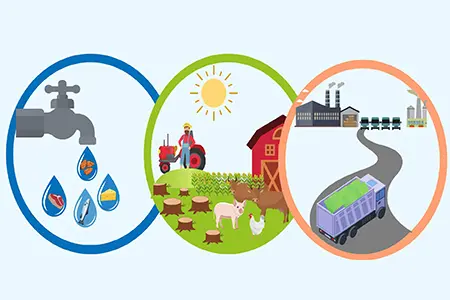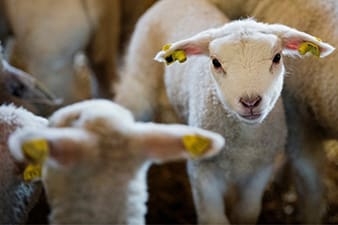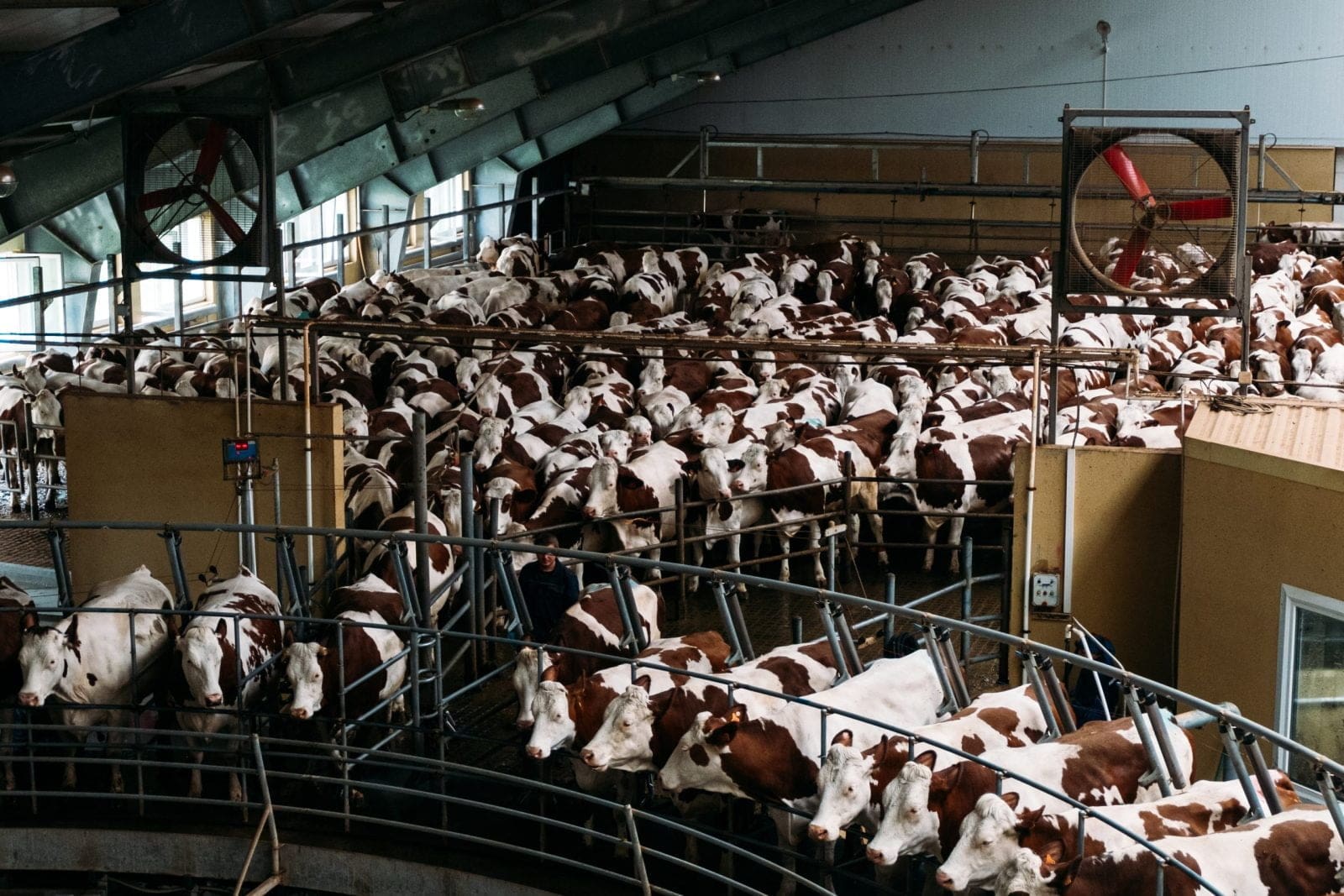The rising demand for meat has intensified scrutiny on the treatment of animals within the meat industry, igniting a global conversation about ethics, sustainability, and consumer responsibility. With factory farming practices under fire for inhumane conditions and environmental harm, animal rights activists have pushed for transformative change—spurring interest in alternatives like plant-based diets and lab-grown meat. Government regulations, welfare certifications, and informed consumer choices are playing pivotal roles in reshaping industry standards. This article explores the pressing ethical challenges and emerging solutions aimed at fostering more humane practices while addressing the moral implications of modern meat production
Ethical Considerations
For centuries, consuming animals has been deeply woven into human culture and sustenance. Yet, as awareness of ethical dilemmas, environmental degradation, and health implications grows, the necessity of eating animals is being critically reevaluated. Can humans truly thrive without animal products? Advocates for plant-based diets argue yes—pointing to the moral responsibility to reduce animal suffering, the environmental urgency to mitigate climate change caused by industrial farming, and the proven health benefits of plant-based nutrition. This article examines why moving away from animal consumption is not only possible but essential for creating a compassionate, sustainable future that respects all life on Earth
Livestock farming has been a cornerstone of human sustenance and economic activity, yet its environmental footprint is raising urgent concerns. The rising global demand for meat and dairy fuels deforestation, accelerates greenhouse gas emissions, depletes water resources, and disrupts biodiversity. These cascading effects intensify climate change while jeopardising ecosystems vital to life on Earth. As awareness grows, plant-based diets and sustainable farming practices emerge as viable paths to reducing these impacts. This article explores the environmental consequences of livestock production and highlights how conscious dietary shifts can contribute to a healthier planet and a more resilient food system
Plant-based diets are reshaping the way we think about food, blending health-conscious choices with ethical and environmental responsibility. With growing awareness of the impact of animal agriculture on climate change, resource depletion, and animal welfare, shifting to plant-based eating emerges as a powerful step towards sustainability. This article delves into how plant-based diets can reduce carbon footprints, conserve water, protect ecosystems, and promote global equity—all while supporting personal well-being. We’ll address common myths surrounding this lifestyle and share practical advice for incorporating more plant-based meals into your routine. By choosing plants over animal products, you’re not just making healthier choices but actively contributing to a more compassionate and sustainable future for all living beings
Growing awareness of animal welfare issues is transforming food choices worldwide, driving a notable shift towards plant-based diets. As concerns about the ethical treatment of animals in factory farming grow, more consumers are opting for alternatives that align with their values while addressing environmental and health priorities. This article delves into how these concerns shape dietary habits, evaluates the sustainability and feasibility of plant-based eating, and highlights its role in fostering a kinder, more sustainable food system. By examining this connection between ethics, nutrition, and environmental impact, we explore meaningful steps toward a healthier future for people and animals alike
The necessity of meat and dairy in human diets is under increasing scrutiny as concerns grow over their impact on health, the environment, and animal welfare. Are these traditional staples indispensable, or can plant-based alternatives pave the way for a healthier and more sustainable future? This article examines the links between high consumption of animal products and chronic diseases, their contribution to environmental degradation, and the ethical questions surrounding industrial farming. It also highlights nutrient-rich plant-based protein sources that rival meat and dairy in meeting dietary needs. Explore how rethinking our food choices could lead to a more compassionate and eco-friendly lifestyle
Animal rights education offers a transformative approach to nurturing empathy, ethical awareness, and social responsibility in young minds. By embedding lessons on animal welfare, ethical treatment, and the environmental impact of human actions into school curriculums, students gain valuable insights into the interconnectedness of life. Subjects like science, social studies, and literature provide natural opportunities to explore these themes while encouraging critical thinking and compassion. This educational shift not only inspires respect for animals but also equips future generations with the tools to advocate for a more humane and sustainable world—where kindness shapes decisions and every living being is valued
Factory farming dominates the global food industry, producing immense volumes of meat, dairy, and eggs to satisfy rising consumer demand. Yet this intensive system carries significant hidden costs that impact the environment, society, and economy. From contributing to climate change and polluting soil and water to raising ethical concerns about animal welfare and worker exploitation, its consequences are deeply troubling. This article explores how factory farming affects ecosystems, public health, and local communities while highlighting the pressing need for sustainable agricultural practices that balance productivity with ethical responsibility









